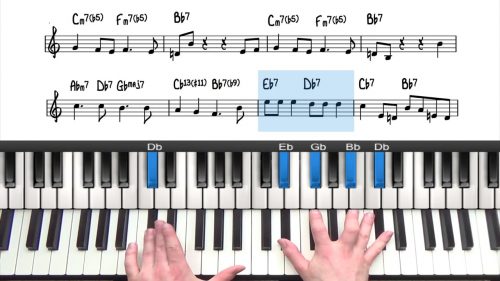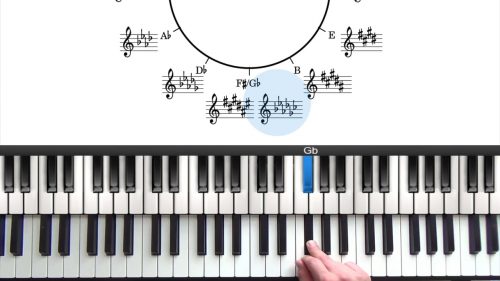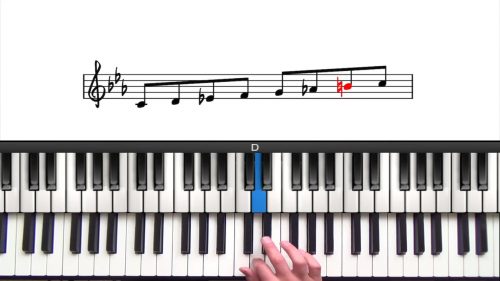The Lydian Approach Of Harmony
Welcome to this masterclass on the Lydian Concept Of Harmony. The Lydian Concept was conceived by George Russel and he has influenced a lot of different musicians.
The roots of the Lyndian Concept can be traced back to Pythagoras who was a musician, mathematician, and philosopher. Thousands of years ago, Pythagoras was able to define the basic modes of music.
The Lydian Mode: That Natural Mode Of Music
The Lydian Mode is the 4th mode of the major scale, and the Lydian Concept considers the Lydian Mode to be the natural mode of music as appose to the Ionian Mode.
When we play the Ionian Mode over the major chord the natural 4th creates dissonance because of the half step interval between the 3rd and the 4th. But using the raised 4th from the Lydian mode removes this dissonance.
The Relative Minor Application
If we play the Lydian Mode over the relative minor, we then have the Dorian Mode. For example, Eb Major and C Minor are relative major and minor scales. If we play the Eb Lydian Mode over C Minor, we then have the C Dorian Mode.
The Raised 4th Over Dominant Chords
The natural 4th also creates dissonance over dominant chords due to the half step interval between the 4th and major 3rd. Again by raising the 4th to the #4th, we remove this dissonance.
Practice Tips
-
Experiment with the sound of the Lydian Mode over major chords.
-
Hear how this creates a more free-flowing scale when the 4th has been raised by half a step.
-
Visualise the relationship between the relative major and minor. The Dorian Mode is the 'mirror image' of the Lydian Mode when played over the relative minor.
-
Again hear how this creates a more free-flowing scale than the natural minor scale.
-
Experiment with the #4th over dominant 7th chords.






